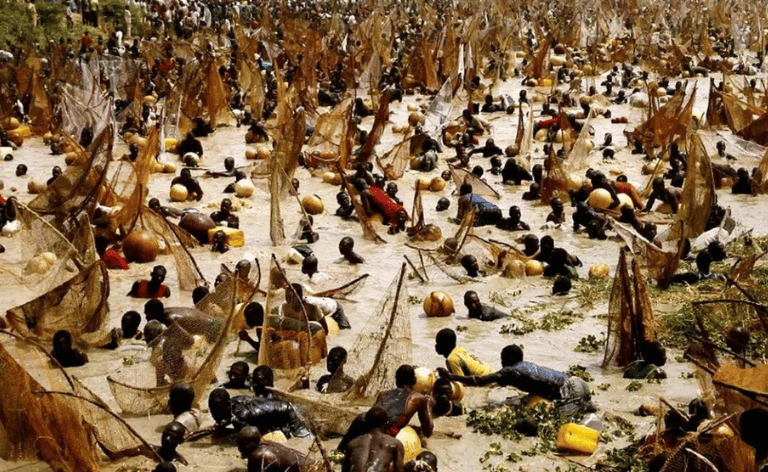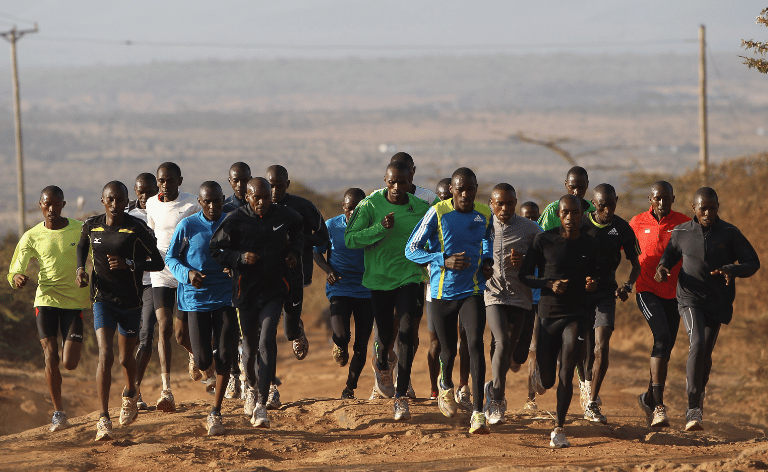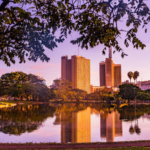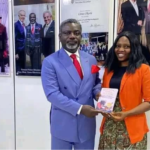The Urhobo Tribe (Delta State)
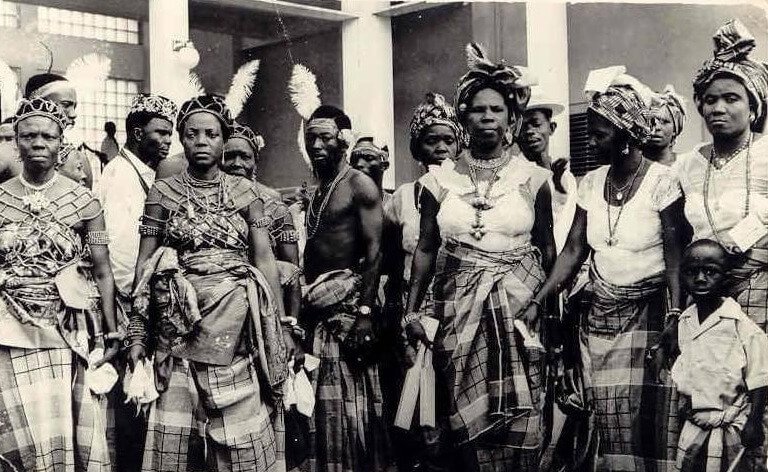
The Urhobo tribe is one of those few groups without a documented history (unfortunately), probably because there is some absence of European records in their history.
HISTORY
Oral reports suggest the history of the Urhobo people began in Edo territory and to the various locations they now call home. The Urhobo are said to have started at the end of the Ogiso dynasty. Although their journey was not like that of the Israelites, the Urhobo people moved in different groups, at their own pace, seeking homely territories.
Hence twenty-four sub-groups make up the Urhobo nation, with the Okpe as the largest of them all. With over one million tribesmen and hundreds of communities scattered across Delta state, the Urhobo ethnic group is considered one of Nigeria’s “dominant” ethnic groups. They are only the majority in Delta state but not the only tribe inhabiting the state.
CUSTOMS AND TRADITIONS
Owing to the nature of the environment they occupy (which is very close to the surface of the river Niger), most of their histories, mythologies, and beliefs are water-related. Thus the two-day annual Ohworu festival in Evwreni, the southern part of the Urhobo area where the Ohworhu water spirit and the Eravwe Oganga are displayed.
Also included in the heritage of the Urhobo people are the annual fishing festivals that include masquerades, fishing, swimming contests, and dancing. The king in an Urhobo clan or kingdom is called the Ovie. The Ovieya is the Queen, and the children are called Ọmo Ovie (child of the king, known as prince and princess).
However, there are a few exceptions. Examples of such are:
- The Okpe, who call their traditional ruler ‘Orodje’
- The Okere-Urhobo call theirs ‘Orosuen’
- The Agbarho call theirs ‘Osuivie’
- The Orogun call theirs ‘Okpara-Uku’ (mainly due to their proximity to the Ukwuani people).
As descendants of the same ancestors, most cultures and traditions are shared. For instance, the breaking of the kola-nut and the donation of cash to wedge the kola-nut presentation, prayers and blessing pronounced before the sharing of the kola and drinks, payment of bride price, and burial rites.
OCCUPATION
Trading, farming, hunting and fishing are some of the traditional occupations known to the Urhobo tribe. The terrain of the tribe plays a significant role in the choice of profession the people practice. During the colonial era, the production of palm oil and palm kernels from the stands of oil palm trees native to the Urhobo land was highly encouraged by the British colonial government. The British found the area ideal for the cultivation of rubber and cocoa as cash crops. The territory, covered by a network of streams, was fertile and not directly affected by the climatic seasons. These seasons are known as the wet season (April-October) and the dry season (November-March).
The discovery of petroleum in Urhoboland in the 1960s has had its merits and demerits. While oil has enriched Nigeria at large, it has hardly benefited Urhoboland and its people. Unfortunately, it has brought about massive ecological devastation disrupting the Urhobo traditional occupation of fishing and farming. The disruption of their environment has brought about the neglect of agriculture, driving mass emigration of the Urhobo people from their land. A good number have moved to urban towns in Benin and Western Nigeria, where Urhobo villages are.
FOOD
In Nigeria, certain kinds of food are either eaten or originate from a particular tribe. Foods considered to be Urhobo in origin are;
- Ukodo: a dish made out of yam and unripe plantain, sometimes cooked with goat meat, potash and lemongrass with a lot of pepper
- Oghwevwri: emulsified palm oil soup, and
- Usi: starch
Usi(starch), prepared from the cassava plant, is heated and stirred into a thick mould with palm oil added to give the starch its unique orange-yellow colour. The Oghwevwri soup consists of smoked or dried fish, bush meat, special spices, potash and palm oil.
Amiedi (or Banga) is another palm nut oil soup, eaten with garri (eba) or Usi. Amiedi soup is a delicacy made from palm kernels. Other special Urhobo delicacies include; Oghwevwri’sha, Okpariku, Iribo-oto, Ophopho, Iribo-erhare, etc.
My People Your People highlights different tribes across Africa and explains their traditions and customs. You can read more about it here.

